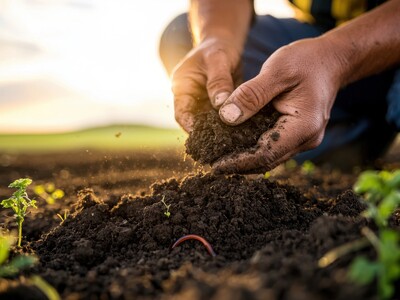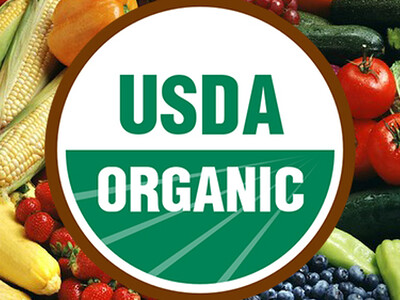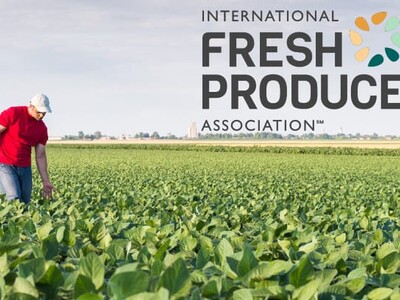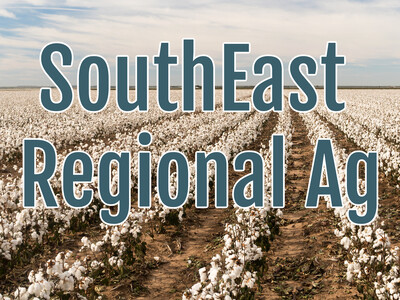Domino's Says No & Ag Secretary on Bill
Domino’s Says No & Ag Secretary on Bill plus Food Forethought. I’m Greg Martin with today’s Northwest Report.
On one hand Ag Secretary Tom Vilsack is applauding the efforts of the Senate Ag Committee especially addressing the needs of beginning farmers in the first go around of the farm bill. Vilsack understands the legislation faces many challenges moving forward but he says currently there are no disaster programs in this version - which is a problem.
VILSACK: Maybe some people in Congress are confident we’re not going to have a disaster. I for one am not. I think we will have a drought or a flood or a tornado or crop damage of some sort or another and we really do need to have some kind of mechanism in place to protect those farmers who suffer loss.
While Burger King, McDonalds and Wendy’s have pledged to only purchase pork products from producers who don’t use gestation-sow stalls by 2017 - Domino’s Pizza shareholders have rejected a resolution proposed by the Humane Society of the United States to require its pork suppliers to stop housing gestating sows in stalls. In fact - 80-percent of shareholders voted against the resolution. The company’s Board of Directors reportedly said the issue should be addressed directly with producers and suppliers - not customers. A spokesperson for Domino’s said the company relies on animal experts to determine the best way to raise an animal that’s used for food.
Now with today’s Food Forethought, here’s Lacy Gray.
Bovine Spongiform Encephalopathy, often called mad cow disease, most recently made the news again when the USDA confirmed its fourth case in a dairy cow in central California. This case was “atypical BSE”, which means the disease occurs spontaneously without any source such as contaminated feed, and was only the fourth in the U.S.since the testing program started a decade ago. Good to know, as that means there wasn’t a breakdown in the ruminant-to-ruminant feed ban, or any of the other safeguards that have been put in place in the United States. It also means the USDA is doing its job when it comes to maintaining a surveillance program for the disease. But this still has left many people wondering if they were at risk of contracting the disease. There have only been 29 cases reported worldwide and none of those have been from cattle raised in the United States, a reassurance that the federal government has been highly successful at keeping it out of our nation’s food supply. BSE is without a doubt a nasty disease with a scary sounding name, but it is still extremely rare when compared to outbreaks of e coli and salmonella.
Thanks Lacy. That’s today’s Northwest Report. I’m Greg Martin on the Ag Information Network.














